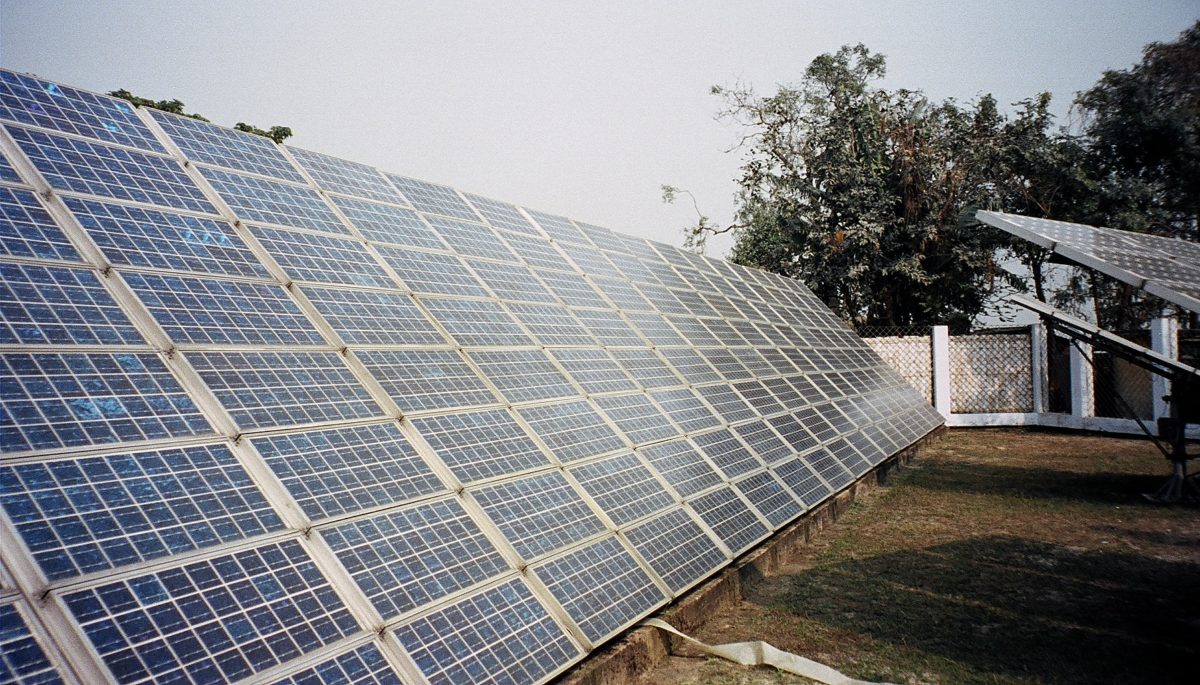The Indian government has proposed increasing the goods and services tax (GST) rate paid on solar cells and modules to 18% while keeping coal in the lowest tax slab of 5%.
This decision has been welcomed by the country’s power, coal, renewable energy and mines minister Piyush Goyal, who said that the entire GST regime is designed to bring down the cost of goods while also being an efficient mechanism against corruption.
Goyal defended the government’s decision to increase GST on solar components, stating: “Tariffs for solar projects vary from project to project. The rise will be compensated by the decline in corruption and operational difficulties.
“Solar and wind energy have hit record lows and the industry is now able to stand on its own feet without any support,” Goyal said.
Coal, meanwhile, was fixed at a 5% GST tax rate against its current tax incidence of 11.69%. Other solar power-based devices were also grouped in this 5% slab, including solar water heater systems, solar powered devices, and solar lamps and lanterns.
India’s National Solar Mission (NSM) is working towards the ambitious target of 100 GW of installed solar capacity by 2022. Currently, the cumulative installed capacity in India is above 12 GW, and many leading analysts expect around 10-12 GW of new capacity to be added in 2017.
Recent trends in India continue to point towards record-low prices at auction, with a recent 1.5 GW tender announced in Tamil Nadu setting an upper tariff limit of INR 4/kWh ($0.062/kWh). In the state of Haryana, meanwhile, solar components have recently been exempted from VAT.
This content is protected by copyright and may not be reused. If you want to cooperate with us and would like to reuse some of our content, please contact: editors@pv-magazine.com.



By submitting this form you agree to pv magazine using your data for the purposes of publishing your comment.
Your personal data will only be disclosed or otherwise transmitted to third parties for the purposes of spam filtering or if this is necessary for technical maintenance of the website. Any other transfer to third parties will not take place unless this is justified on the basis of applicable data protection regulations or if pv magazine is legally obliged to do so.
You may revoke this consent at any time with effect for the future, in which case your personal data will be deleted immediately. Otherwise, your data will be deleted if pv magazine has processed your request or the purpose of data storage is fulfilled.
Further information on data privacy can be found in our Data Protection Policy.